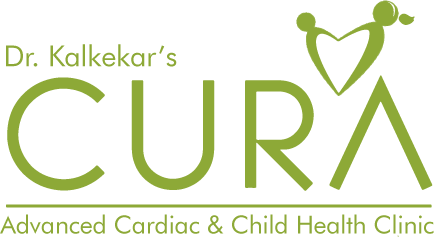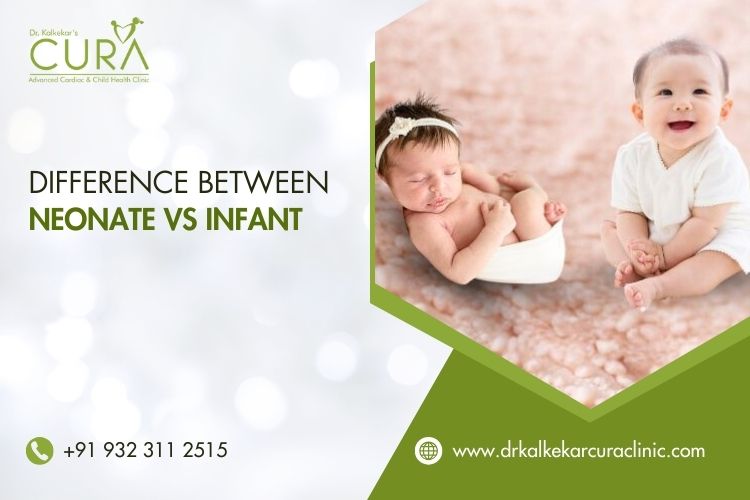Difference Between Neonate vs Infant
If you’re a new parent or soon-to-be one, you’ve probably come across the terms “neonate” and “infant” while reading up on baby care. At first glance, they might seem interchangeable, but they’re not quite the same. Understanding the difference between a neonate and an infant can actually help you better navigate your baby’s health needs, milestones, and appointments with your pediatrician.
Let’s break it down in a simple, friendly way, no complicated medical terms, just straight-up clarity.
What Is a Neonate?
A neonate is a baby from birth up to 28 days old, basically, your newborn. This first month is a delicate and crucial phase because your baby is adjusting to life outside the womb. Everything is brand new for them, including breathing, feeding, sleeping patterns, and bonding with you.
During this time, pediatric care is very focused on:
- Checking vital signs regularly
- Monitoring feeding and weight gain
- Watching for any signs of infections or jaundice
- Making sure reflexes and physical responses are developing as they should
At Dr. Kalkekar’s Cura Clinic, our team pays special attention to neonates because even small changes can mean a lot in this early stage. Regular check-ups with a trusted pediatrician in Seawoods can give you peace of mind that your newborn is thriving.
What About an Infant?
Once your baby crosses the 28-day mark, they’re officially considered an infant—a term used until they turn 1 year old. This phase is filled with exciting milestones: first smiles, crawling, babbling, and possibly even a first tooth or two.
Your infant’s immune system is still developing, so vaccinations, nutrition, and regular growth tracking become major areas of focus. In this phase, pediatric care includes:
- Timely immunizations
- Monitoring physical and cognitive development
- Starting solid foods (around 6 months)
- Addressing sleep patterns and teething discomfort
Many parents often wonder whether their baby’s development is “on track” which is exactly how having a reliable pediatrician helps. Every baby is different, and what’s “normal” can vary quite a bit.
Why the Distinction Matters
You might think: “Does it really matter whether my baby is a neonate or an infant?”
Absolutely—because their health care needs shift as they grow. What works for a neonate may not work for an older infant, and vice versa. Recognizing which phase your baby is in helps your doctor provide the most appropriate care.
For example:
- A neonate with a mild fever might need immediate attention, while an infant could be monitored at home unless the fever is high or persistent.
- Breastfeeding and weight gain are watched closely in neonates, while for infants, doctors begin to track more complex things like muscle strength and communication skills.
At Dr. Kalkekar’s Cura Clinic, we tailor every consultation based on your child’s current developmental stage. Whether your baby is a few days old or approaching their first birthday, we adjust care to suit their specific needs.
How You Can Support Each Stage
Here are a few simple ways to support your baby, whether they’re a neonate or an infant:
- Attend all scheduled pediatric visits – don’t skip them!
- Track feeding and diaper changes – this helps your doctor monitor growth and hydration.
- Ask questions – no question is too small when it comes to your baby’s health.
- Follow a vaccination schedule – immunity is key to keeping illnesses at bay.
- Provide skin-to-skin contact and bonding time – love and comfort go a long way in development.
Final Thoughts
Being a parent, especially a first-time one, can feel overwhelming, but knowing the difference between the neonate and infant stages can make your journey smoother and more informed. From the first cuddles to the first giggles, every phase has its own joys and challenges.
And remember, you don’t have to do it all alone. If you’re looking for a reliable and approachable pediatrician in Seawoods, the team at Dr. Kalkekar’s Cura Clinic is here to support you and your little one every step of the way.
Raising a happy, healthy baby isn’t just about medical care; it’s about having the right people by your side.




